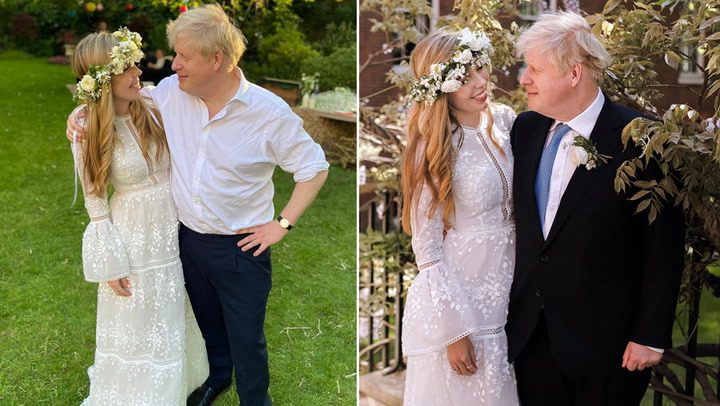@Marie Hartwell-Walker, Ed.D.
Probably the most difficult thing we humans do is make a long-term relationship with another person. A relationship with a partner is different in kind from relationships with our children or the family we were born to. A partner is another adult we choose.
Even when we believe we “fell” in love, ultimately it was our choice whether to follow the lead of our hormones and interest or not. In the search for the perfect mate, we believe we found “the one.” What we may not realize at the time is that we found the one we would have conflicts with for the rest of our lives.
What? Conflict? Aren’t marriages made in heaven (or even on earth) supposed to be conflict-free? Aren’t people in love supposed to be in sync and completely compatible?
Nope. Regardless of what chick flicks, pop songs, TV sitcoms and romance novels tell us, successful relationships are not defined by being conflict-free. When we choose one person over others to be our partner, we are only choosing one set of challenges, problems, and differences over others. We are in essence deciding that the rest of the person’s positive beliefs, attributes, and behaviors outweigh the things that bug us.
It’s not the lack of conflict that makes for a good relationship. It’s how we handle our differences that can either make the relationship grow and thrive or that can destroy our love and trust. Regardless of whether they realize it, successful couples follow some basic “rules” for managing their differences. Regardless of whether they’ve made a study of it or can talk clearly about it, they behave according to a common set of principles.
Successful couples:
Make the decision not to fight.
Fighting inflicts pain. People get loud and abusive in their language and their behavior. Civilized people don’t have to “fight.” Just because you feel like having a fight doesn’t mean it’s a good idea. Just because someone invites you to be in one doesn’t mean you have to go along. If you want to strengthen your relationship, strengthen your resolve to negotiate, cooperate, and discuss issues instead of fighting.
Don’t try to resolve conflict through power.
In days long gone by and in certain parts of the world and subcultures, conflict is resolved through power and the weight of traditional ideas about whose word is law. This only works long-term if both members of the couple agree to the inequality of the relationship. In Western societies, most women (and children, for that matter) expect to be treated respectfully as equals. An issue can get lost in the struggle to regain equality. The relationship can get lost if one or the other person doesn’t feel valued and respected.
Focus on the larger picture.
You love your partner. There are many things about him or her that you find attractive, admirable, and important. People in successful couples don’t let a disagreement about how to handle a problem overwhelm those good feelings.
Listen with an attitude of acceptance.
Most of the time, a partner’s complaints have at least a grain of truth in them. Defensiveness and arguing detract from the issue. People in successful couples do their best to hear the validity in each other’s position. They maintain an attitude of friendly interest in what the other person has to say.
Accept that they may not be right no matter how right they feel.
Sometimes the need to be right can overwhelm the issue at hand. At such times, partners in successful relationships ask themselves if they want to be right or be a partner. They focus on resolving the issue, not protecting their own ego.
If frustrated, take time out.
Frustration can lead to overinsistence, nagging, criticizing and saying things people don’t really mean. Instead of trying to force the other person to accept their point of view, successful couples make some space. They have learned to say something like, “I’m getting too frustrated right now. I think I need some time to think about what you said. Let’s get back together in an hour.” This statement acknowledges feelings, gives them a way to cool off and yet reassures the partner that they’re not being abandoned. They reassure each other that they will come back to the discussion when they’ve had time to think.
Come back to the issue.
If something was important enough to get people emotionally upset, it does need to be dealt with. It’s important to try again. When they really can’t get on the same page about something important, successful couples consider seeing a counselor or some other wise, helpful person to help them get through whatever is blocking them.
Keep in mind that some conflicts will never be resolved.
There are some things that, though important, are not essential to agree about. After all, people in a couple are individuals first. There are successfully married couples who are on opposite ends of the political spectrum, who have strong and different opinions about money, leisure time, career goals, and childrearing practices. They may not be able to fully resolve such differences. But when partners stay respectful and connected, they can usually come up with ways to accommodate the differences without sacrificing their integrity.
You always have a choice when you and your partner disagree. You can choose to work on it and grow as a couple or you can choose to fight with each other and do damage to each other and your relationship. It’s up to you.









